While we conventionally chalk up success in the workplace to hard skills and technical expertise, demand for soft skills has increased across many sectors over the last 20 years. Soft skills are skills and abilities that enable a person to interact healthily and effectively with other people. Examples of soft skills include communication and leadership skills, conflict resolution skills, and more.
Emotional management is an important soft skill to develop in the workplace, particularly for those in leadership positions such as managers and administrators. Leaders who manage their emotions well can effectively motivate their employees, optimise workflows, and help prevent a toxic work environment from developing. In contrast, leaders who are not in control of their emotions can damage employee morale and retention and may ultimately put their company’s bottom line at risk.
Here are four ways leaders can effectively manage their emotions in the workplace:
Determine How and When to Share Your Feelings
Some leaders feel the need to bottle up their emotions and never share them with those they work with, but this approach may ultimately be counterproductive and unhealthy for them and others. Repressed emotions can lead to long-term stress, loss of focus, and poor communication, among other negative effects. Effective leaders instead use their emotions to establish trusting, meaningful connections and working relationships with both peers and subordinates.
One key to successful emotional management is identify situations in which it’s appropriate and even beneficial to express your feelings and then figure out the best way to do so. It always helps, for example, to celebrate with those who have recently scored high achievements on the job and to extend condolences to employees who are grieving deceased family members. Meeting your team members where they are in these emotional situations sends the message that you see them as human beings rather than simply machines that exist only to work.
Search for Solutions instead of Laying Blame
Popular media and culture are full of images of stereotypically emotional bosses who fly off the handle when things go wrong, pin setbacks on co-workers, and dodge responsibility themselves. It’s easy to fall into this kind of poor leadership, especially in high-stress situations, but looking for scapegoats will only breed resentment within your team. Instead, strive to see mistakes and failures as learning experiences and focus on developing constructive solutions.
Poor communication is one common cause of problems in the workplace. For example, a task that seems straightforward enough to someone in a managerial position may confuse a rank-and-file employee, and that employee may, in turn, be hesitant to ask for clarification for fear of being judged. To address communication failures effectively, leaders must first identify where the lapses occurred and take steps to ensure they don’t repeat themselves in the future. These steps can and often should include encouraging employees to share honest feedback, questions, and requests for clarification.
Sometimes solving problems at work may require you to admit to your own mistakes and acknowledge areas for improvement. While this is never easy, owning your responsibility to your staff and the entire organisation will only inspire greater trust with those you work with and improve your rapport with them.
Choose What’s Right, Not What’s Popular
When faced with difficult decisions, leaders may feel tempted to accept and implement popular choices to resolve the issue faster and without conflict. Effective leadership, however, involves not giving in to external pressures and instead consistently choosing fairer, more ethical, and more compassionate alternatives. Making these choices might never be easy but holding fast to your principles will only help you build courage and self-confidence over time.
For example, there may be an unpopular employee who is being harassed or ridiculed in your workplace. A good leader will support them by speaking with the offender rather than ignoring the bullying behaviour to keep the peace. While your decision may lose you favour with the offending employee in the short term, it also helps weed out uncooperative and potentially toxic influences in the workplace. Ultimately, making occasionally unpopular choices is a small price to pay for a safer, more mutually supportive work environment.
Learn to Deal with Stress Constructively
While it’s perfectly understandable for adverse circumstances at work to make you exhausted, angry, or irritated, it’s not acceptable to unload these emotions onto your team members. Even a seemingly short and insignificant burst of negativity from a leader figure can damage team morale, motivation, and productivity.
The aim is not to repress your stress and negative emotions but to control and express them in healthy ways for your benefit and that of your team. When a stressful situation arises at work, it always helps to pause, take a few deep breaths, and reflect deeply on the source of your frustration. Seek to calm yourself before responding to your stressor or taking any other action. Don’t be afraid to reach out to trusted colleagues or peers for advice if you need help navigating challenges. You’ll have an easier time regaining control if you feel supported rather than isolated.
Though effective emotional management can be challenging to learn initially, practice and frequent self-reflection will help it come more naturally over time. Developing a healthy measure of control over your feelings will free you to work your best and inspire your team members to do the same.
If you want to know more, call us on 1300 551 274 or send an email at team@teamfocusplus.com. We look forward to hearing from you.





